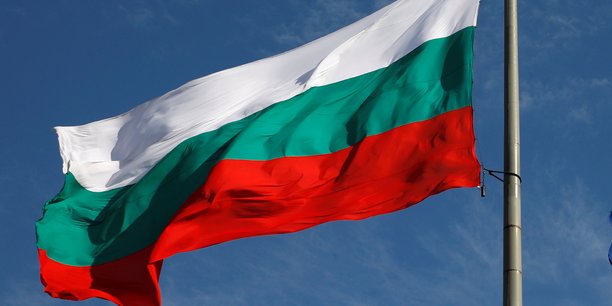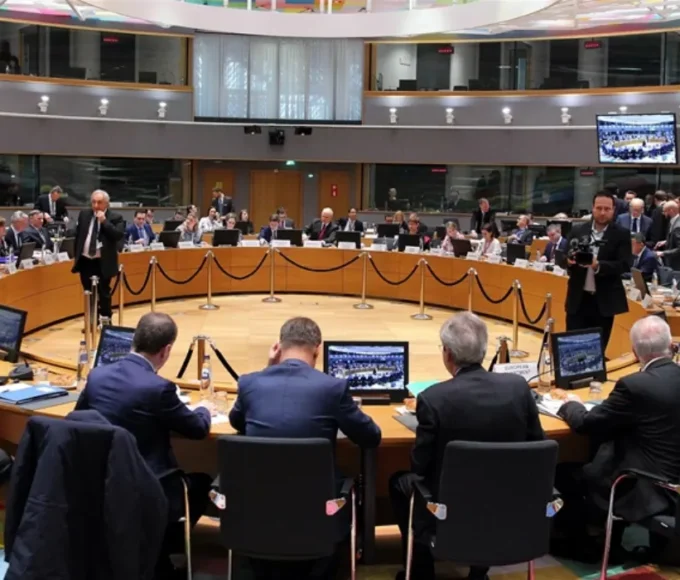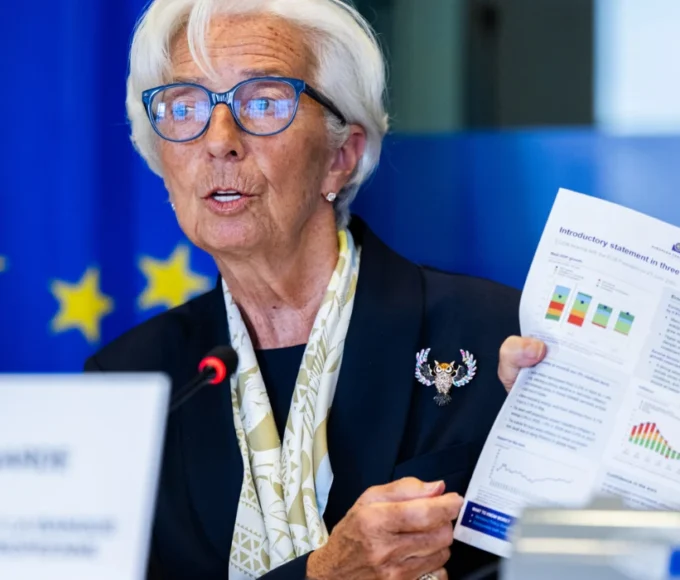Bulgaria has announced the postponement of its objective of joining the euro zone by one year, now aiming for 2025 instead of 2024. This, due to the political instability which prevents the adoption of the necessary reforms. The country is indeed chaining successive intermediate governments. Legislative elections will be held in April, the fifth since 2021.
It will finally be for 2025. Bulgaria has decided to postpone the adoption of the single currency for a year. “The new target date is January 1, 2025,” Finance Minister Rositsa Velkova said at a press conference on Friday, February 16.
Officially, the admission of this country of 6.5 million inhabitants was scheduled for 2024. But Bulgaria has been in political turmoil for two years. With the exception of a brief hiatus of a few months in 2022 with a reform cabinet in charge led by Harvard-educated ex-entrepreneur Kiril Petkov, interim governments follow one another and major bills remain pending. New legislative elections are thus scheduled for April 2, the fifth since 2021, to try to form a stable coalition, but analysts are pessimistic.
Bulgaria is the poorest country in the EU, of which it has been a member since 2007. According to the European Commission, its growth would have increased by 3.9% in 2022 and expects +1.4% in 2023.
In The Airlock For Almost Three Years
Widespread corruption in this Balkan country for years has always blocked its membership of the euro. According to the Minister of Finance, “no compromise was possible” in Parliament precisely to vote on texts on money laundering, the powers of the central bank or even bankruptcies. “Our European partners believe that Bulgaria has fallen too far behind,” she said as the reason for the postponement of the candidacy.
Placed under a strict austerity regime in the wake of a serious economic crisis in 1996-1997, Bulgaria integrated in 2020 the banking regulatory framework of the euro zone and the ERM II mechanism, a fixed parity system. A state must stay there for at least two years before being admitted to the euro zone.
The changeover to the single currency must take place at the current rate of 1.95583 lev (Bulgarian currency) for one euro – the same since the creation of the monetary zone in 1999.
Croatia became the twentieth member of the euro zone in January, seven years after Lithuania joined. The country had expressed its desire to adopt the single currency as soon as it joined the EU in 2013. Like Bulgaria, five other countries in the antechamber of the single currency (Hungary, Poland, Czech Republic, Romania, Sweden) n have not obtained the backing of Europe, but they have no very short-term membership project.
Twenty EU Member States now use the euro, ie nearly 347 million people. To be able to adopt the euro, EU member states are required to fulfill “convergence criteria”, according to the joint website of the Council of the EU and the European Council. “These are economic and legal conditions which were laid down in the Maastricht Treaty in 1992 and which are also known as the ‘Maastricht criteria'”.
All EU Member States are in principle obliged to adopt the euro as soon as they fulfill these criteria. Only Denmark acts as an exception: the country has an “opt-out clause” in the EU treaties, under which it is exempted from the obligation to adopt the euro. The Danish crown is still queen there, but Copenhagen can nevertheless ask to join the euro zone if it decides to do so. As for Sweden, it has chosen not to participate in the European exchange rate mechanism, which prohibits it from adopting the euro.
The final decision on whether an EU country joins the euro area is taken by the Council of the EU. It is based on a proposal from the European Commission and is taken after consultation of the European Parliament and examination of the proposal by the European Council.
This article is originally published on latribune.fr









